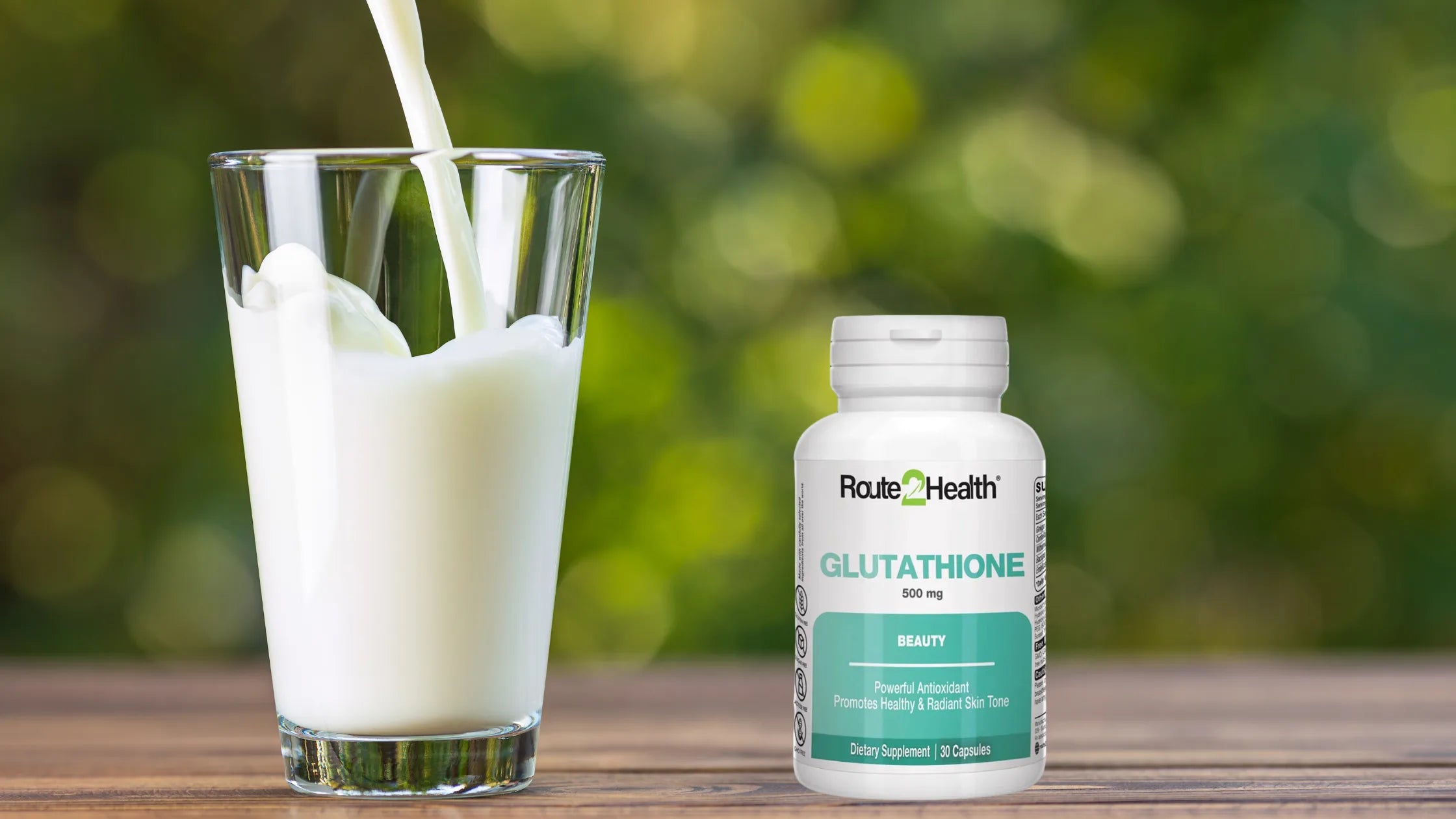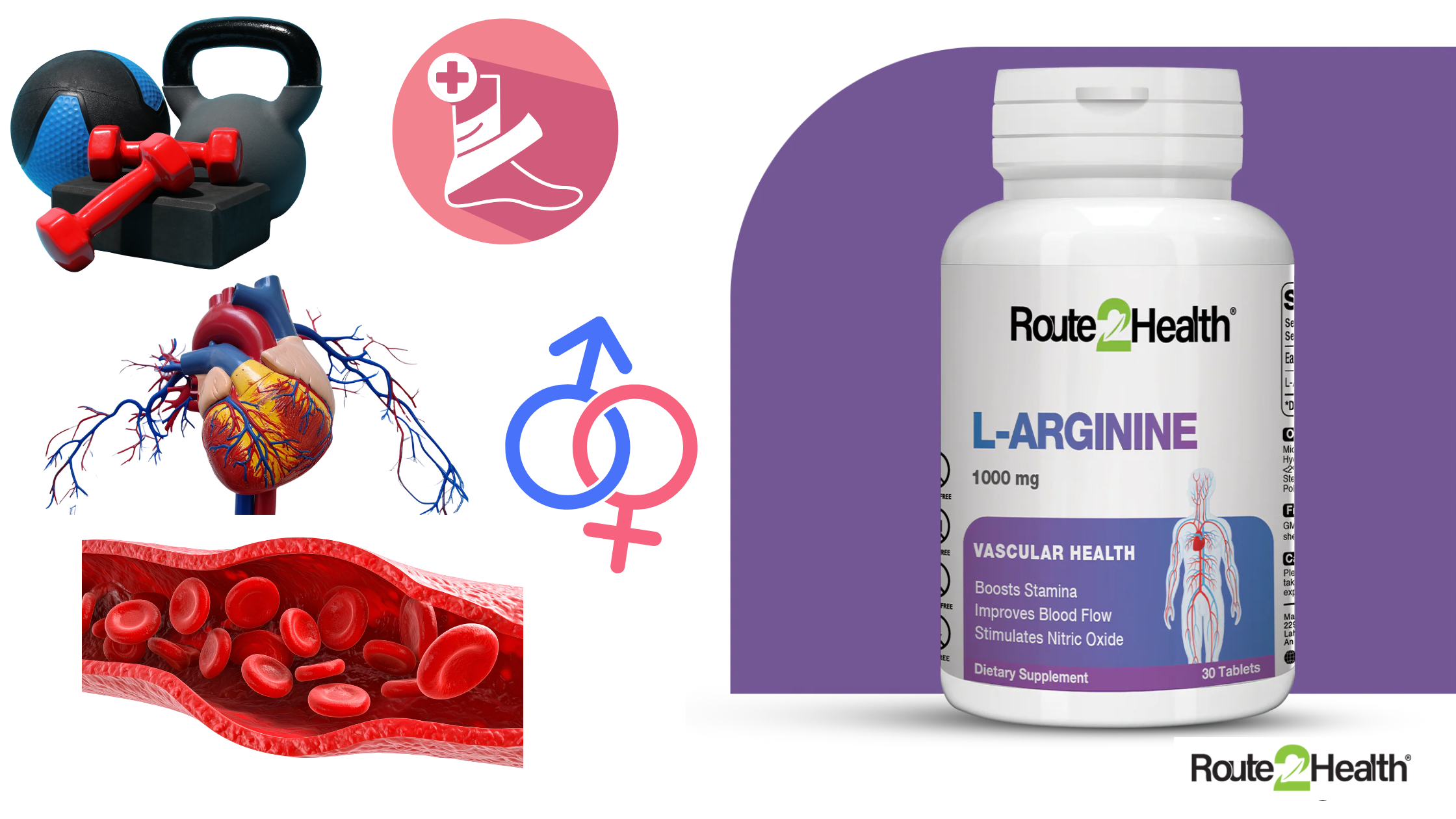Importance of Good Immunity in Kids
A strong immune system is a child’s best defence against common illnesses like colds, flu, and infections. Children, especially those attending school or daycare, are constantly exposed to germs, and while some exposure helps develop a resilient immune system, good immunity enables the body to fend off infections without frequent or severe symptoms.
Building immunity in childhood lays the foundation for lifelong health. When a child’s immune system is strong, they can recover faster from illnesses and may experience fewer health complications. With proper care, parents can foster immune resilience that protects their children from illness both now and in the future.
A robust immune system is essential for children as it:
- Reduces the frequency and severity of illnesses: A strong immune system can help prevent common childhood infections like colds, flu, and ear infections.
- Enhances overall health: A well-functioning immune system supports optimal growth and development.
- Improves cognitive function: Studies have shown a link between a strong immune system and better cognitive performance in children.

How To Increase Immunity in Kids?
1. Breastfeeding: A Natural Immunity Booster
Do you know that you can ensure your child’s good immunity right from the start? Yes! by simply breastfeeding them. Breastfeeding provides a powerful boost to a newborn’s immune system. Breast milk is rich in antibodies, particularly immunoglobulin A (IgA), which lines the respiratory and digestive tracts and prevents pathogens from causing infection. Studies show that breastfed infants have lower rates of respiratory and gastrointestinal infections due to the protective qualities of breast milk.
Exclusive breastfeeding for the first six months is recommended to maximise these benefits, and partial breastfeeding up to the age of 2 can continue to support immunity as babies grow.

2. Balanced Nutrition with Immune-Boosting Foods
The nutrients children consume significantly influence their immunity. A diet rich in vitamins A, C, E, and D and minerals like zinc and selenium supports immune health.
Ensure your child’s meals are rich in:
- Fruits and vegetables: These are excellent sources of vitamins, minerals, and antioxidants, which play a vital role in immune function.
- Lean proteins: Proteins are essential for building and repairing tissues, including immune cells.
- Whole grains: These provide complex carbohydrates, fibre, and essential nutrients.
- Healthy fats: Omega-3 fatty acids, found in fatty fish and nuts, have anti-inflammatory properties that can benefit the immune system.
Read More About The Foods That Can Help Build Immunity In Kids.
3. Regular Physical Activity
Exercise not only strengthens muscles but also boosts the immune system. Physical activity improves circulation, helping immune cells move more freely and perform their functions better. According to research, moderate exercise can improve immune function, while excessive exercise may have the opposite effect.
Encourage kids to engage in at least one hour of active play or structured physical activity each day, whether it’s running, cycling, or dancing.

4. Adequate Sleep
Sleep is crucial for maintaining immunity. While sleeping, the body releases cytokines, proteins that target infection and inflammation. Research suggests that children who lack adequate sleep are more susceptible to infections.
According to the journal Paediatrics, children aged 6-12 years should aim for 9-12 hours of sleep per night, while those under five need up to 14 hours. Establishing a calming bedtime routine can help ensure they get the rest their bodies need to stay healthy.
5. Encouraging Proper Hydration
Water plays a key role in immunity by supporting lymph fluid production, which transports white blood cells throughout the body. Dehydration can impair immune responses, making kids more susceptible to illness.
Parents should encourage children to drink water regularly throughout the day and limit sugary beverages, which may weaken immune response.

6. Probiotics for Gut Health
Gut health is closely tied to immunity since about 70% of the immune system resides in the gut. Probiotics, which are live bacteria found in yoghurt, kefir, and supplements, help maintain a healthy balance of gut bacteria, which supports immune function.
Research supports the use of probiotics to prevent respiratory infections in children. Including probiotic-rich foods or supplements in a child’s diet may improve immunity.
7. Minimising Stress
Chronic stress can suppress immune responses in children, leaving them more vulnerable to illnesses. Activities like outdoor play, arts and crafts, or reading can help children relax and reduce stress. Studies have shown that mindfulness practices, even for children, can enhance immune function by decreasing stress levels.

8. Using Multivitamin Supplements When Needed
Although it’s best to obtain nutrients from whole foods, multivitamins can be a helpful addition, especially if children are picky eaters or have specific dietary restrictions. Multivitamins like Kid’s One Daily by Route2Health can provide a balanced dose of essential vitamins that support immunity. Multivitamins can bridge the gap where dietary intake may fall short. For instance, they ensure consistent vitamin D and zinc levels, both critical for immunity.
Conclusion
Building and maintaining a strong immune system in children is an ongoing process, but how to increase immunity in kids?. Ensuring that they receive a balanced diet rich in vitamins, regular physical activity, adequate sleep, and hydration lays the foundation for robust immunity. Probiotics, reduced stress, and, when necessary, multivitamin supplements can further support their immune defences.
The role of multivitamins, like Kid’s One Daily by Route2Health, can be invaluable in covering any nutritional gaps, helping your child stay healthy and resilient against common illnesses. By implementing these strategies, you can help your child develop a strong immune system that supports their health now and into the future.
FAQs
1. How to increase immunity in kids?
Natural ways to boost a child’s immunity include providing a balanced diet rich in fruits, vegetables, and whole grains, ensuring regular physical activity, and establishing a consistent sleep routine. Adding probiotics and encouraging good hydration also support immune health.
2. What foods boost a child’s immune system?
Foods high in vitamins C, D, A, and E, as well as zinc and antioxidants, are great for immunity. Citrus fruits, leafy greens, berries, nuts, seeds, and yoghurt are all excellent choices for building immune strength in children.
3. Does breastfeeding help with immunity in babies?
Yes, breastfeeding provides antibodies and nutrients that strengthen a baby’s immune system, protecting them from infections and illnesses. Exclusive breastfeeding is recommended for the first six months to maximise immune benefits.
4. Are multivitamins necessary for children’s immunity?
While a balanced diet is the best source of nutrients, multivitamins can help fill any gaps, especially for picky eaters. Multivitamins like Kid’s One Daily by Route2Health ensure kids receive essential nutrients that support immune health.
5. What are the signs of a weak immune system in kids?
Signs of a weaker immune system may include frequent colds, longer recovery times from illnesses, digestive issues, and increased susceptibility to infections. Consult a healthcare provider if you’re concerned about your child’s immunity.
























































